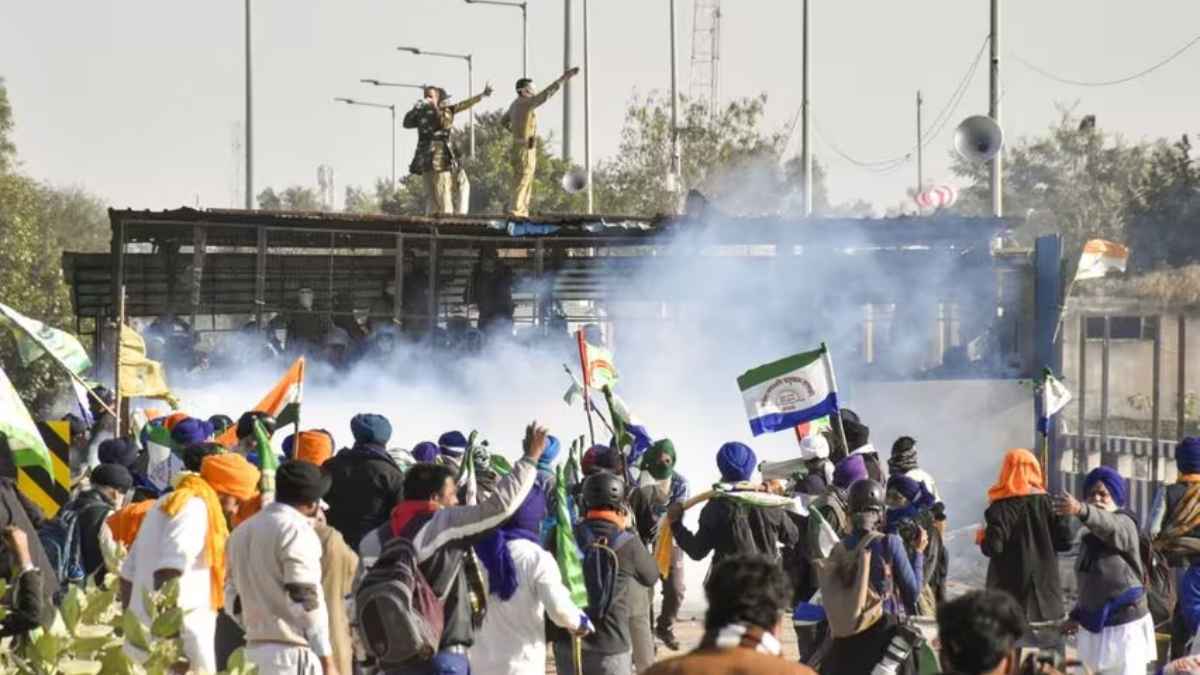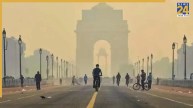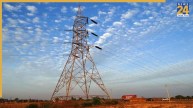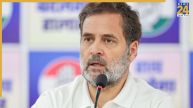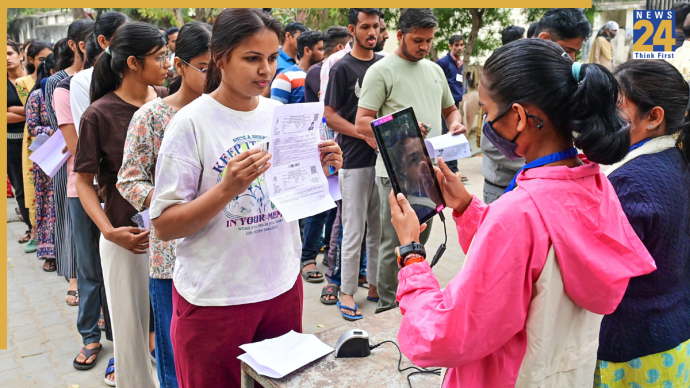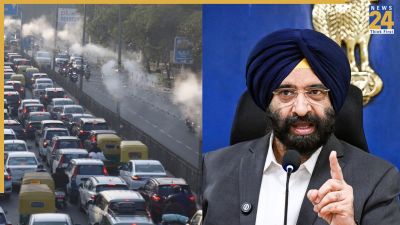Farmers are back to the border of Delhi. So have returned the unanswered questions, the unresolved issues and the promises not fulfilled during the Farmers’ movement that shook not only India but the world in 2020.
Thousands of farmers assembled at the Punjab-Haryana Sambhu border, only to be stopped by a three-layered blockade erected by the police of the BJP-ruled state of Haryana.
Farmers’ Unions Issue Ultimatum
The police resorted to the crackdown and used water cannons, and tear gas to disperse the protesting farmers, some of whom were injured.
Considering the injuries received by the farmers, Samyukta Kisan Morcha (non-political) and the Kisan Mazdoor Morcha decided to stop the “Delhi Chalo” march on December 7.
However, the organisations have issued an ultimatum to the government that either the government talks to their representatives or they would go for the March to Parliament on Sunday, December 8, come what may.
With these protests, the old question of the Minimum Support Price has come back. The protest has also rekindled the memories of the year-long farmers’ movement that rocked the country in 2020 and the union government crushed it brutally.
Old Wounds Of 2020 Farmers’ Movement
After several rounds of talks failed and lakhs of farmers assembled at the Delhi border in Haryana refused to budge in the freezing temperature and to withdraw despite the police crackdown, Prime Minister Narendra Modi announced to withdrawal the three contentions laws.
Three Contentious Laws
These were the Farmers’ Produce Trade and Commerce (Promotion and Facilitation) Bill, 2020; the Farmers (Empowerment and Protection) Agreement on Price Assurance and Farm Services Bill, 2020; and the Essential Commodities (Amendment) Bill, 2020. These laws were passed by the Parliament in September 2020 after an ordinance was issued.
These laws were related to the pricing, storage and sale of the agriculture produces. The government withdrew all three bills by getting the proposals approved in both houses of the Parliament.
Unfulfilled Demands!
It promised to constitute a committee comprising ministers from the state and union governments, agriculture scientists and representatives from the farmers’ organisations. However, the government is yet to fulfill this promise.
The agitating farmers have also demanded that the farm loans should be waved off and proper compensation should be given to the kin of those died during the 2020 farmers’ movement.
They have also asked to punish those who sell fake seeds, pesticides and fertilizers.
The farmers’ organisations have also asked the union government to quit the World Trade Organisation (WTO) and scrap all free trade agreements.
The old unfulfilled demands of the farmers include 200 days of annual employment under the Mahatma Gandhi National Rural Employment Guarantee Act (MGNREGA) for farming.
They have also demanded a daily wage of Rs. 700 to support rural workers. The farmers have also sought protection for land, forests, and water sources belonging to tribal communities.
The union government has failed to meet any of these demands, except the withdrawal of the three contentious laws.
However, the most contentious is the demand of the MSP.
MSP Conundrum!
The farmers’ unions have demanded the legal guarantee of Minimum Support Price (MSP) for all Crops by enacting the concerned laws.
While the farmers want the MSP for all produce, the government announces MSP for only a select few crops.
Consequently, other produce are left vulnerable to market fluctuations and potentially lower prices.
If the farmers get a legal guarantee, it would provide them with a more stable and predictable income.
Swaminathan Committee Recommendations
Another contentious issue, yet to be met by the government, is the implementation of Swaminathan Committee recommendations. The high-level committee formed to address agricultural issues in India in 2006 under the noted agriculture scientist M. S. Swaminathan, proposes measures to improve farmers’ income and welfare. It includes improved infrastructure, investment in research and development, and market reforms.
Political analysts believe the government may not consider any of these demands once again. Though the BJP failed to get a majority on its own in the Lok Sabha Elections, the opposition is divided and not focused. With no major election around the corner, the government is not under pressure to meet these demands.

